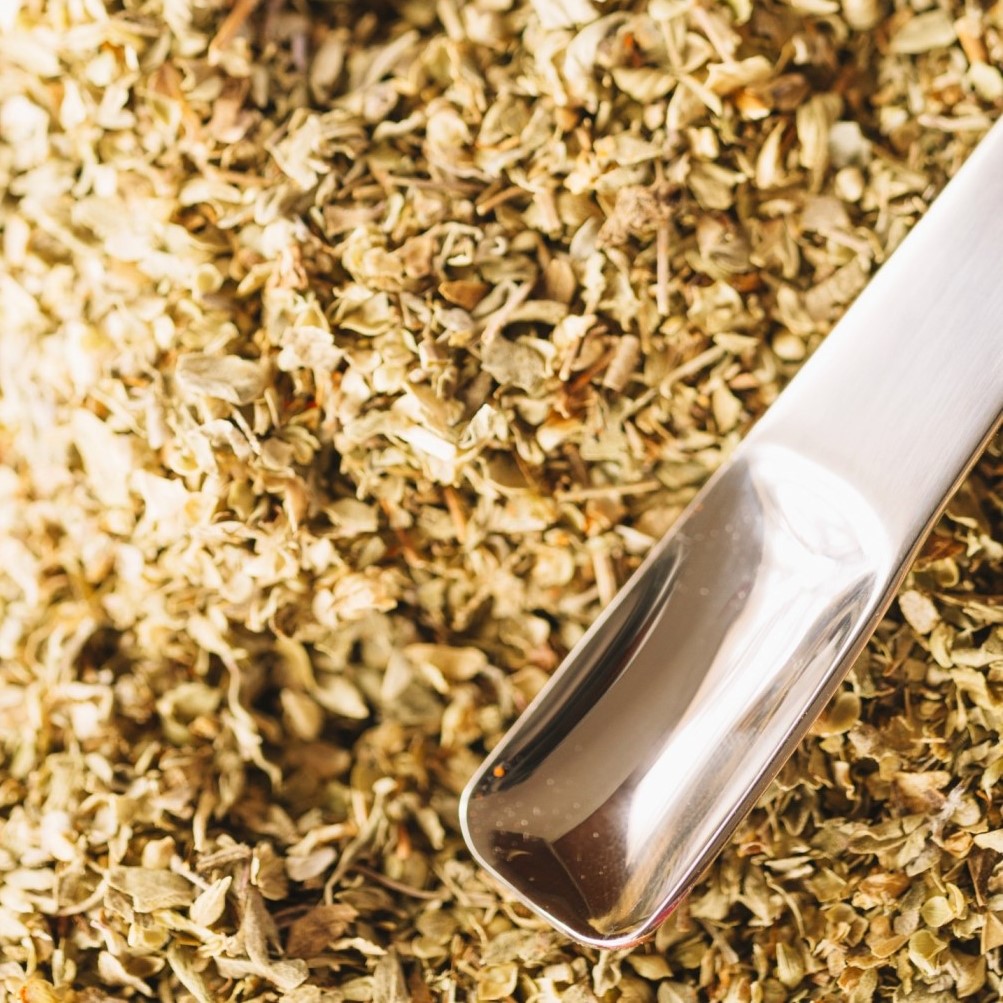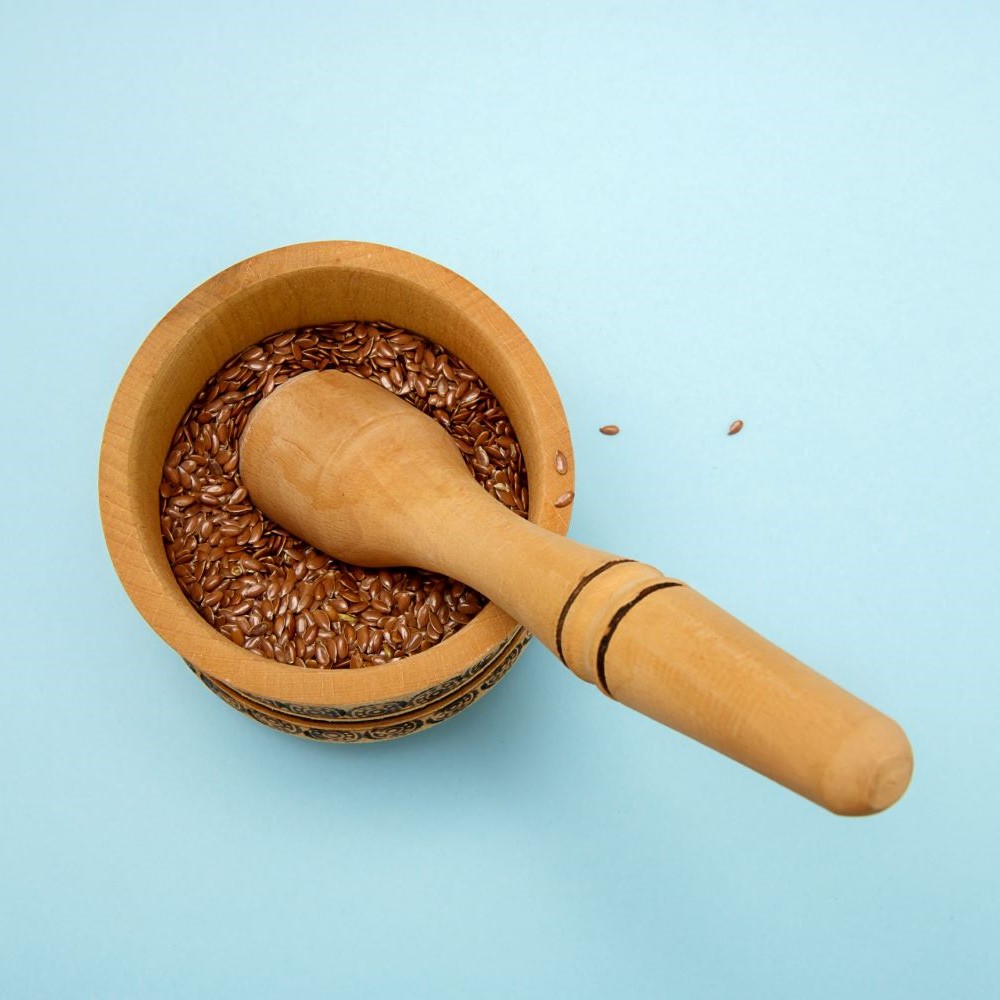Description
Millet flour is a type of flour made from ground millet grains. It’s gluten-free and has a slightly sweet, nutty flavor. Millet flour is commonly used as an alternative to wheat flour for individuals who have gluten sensitivities or celiac disease.
Here are some key points about millet flour:
- Gluten-Free: Millet flour is naturally gluten-free, which makes it suitable for those with gluten intolerance or celiac disease. It’s a popular choice for gluten-free baking and cooking.
- Nutritional Value: Millet flour is nutritious, containing carbohydrates, protein, dietary fiber, vitamins, and minerals. It’s particularly high in magnesium, phosphorus, and antioxidants.
- Versatility: Millet flour can be used in a variety of recipes, including bread, muffins, pancakes, cookies, and more. It adds a unique flavor and texture to baked goods, often described as slightly nutty or earthy.
- Binding Agent: Because it lacks gluten, millet flour may not bind as well as wheat flour in some recipes. However, it can be combined with other gluten-free flours or binding agents like xanthan gum to improve texture and structure in baked goods.
- Storage: Like other whole grain flours, millet flour can spoil more quickly than refined flours due to its higher oil content. It’s best stored in an airtight container in a cool, dry place or in the refrigerator or freezer for longer shelf life.
- Health Benefits: Millet flour offers various health benefits, including being high in fiber, which can aid digestion and promote satiety. It also contains nutrients like magnesium, which is important for bone health and muscle function.
Specifications
-
Botanical Name
Pennisetum glaucum
-
Common Names
Pearl Millet, Bulrush Millet, Bajra, Bajri, Sindhi
-
Purity
98%, 99%
-
Moisture
Max. 11%
-
Cleaning
Machine Clean / Sortex Clean
-
GMO
Non Genetically Modified
-
Origin
India
-






